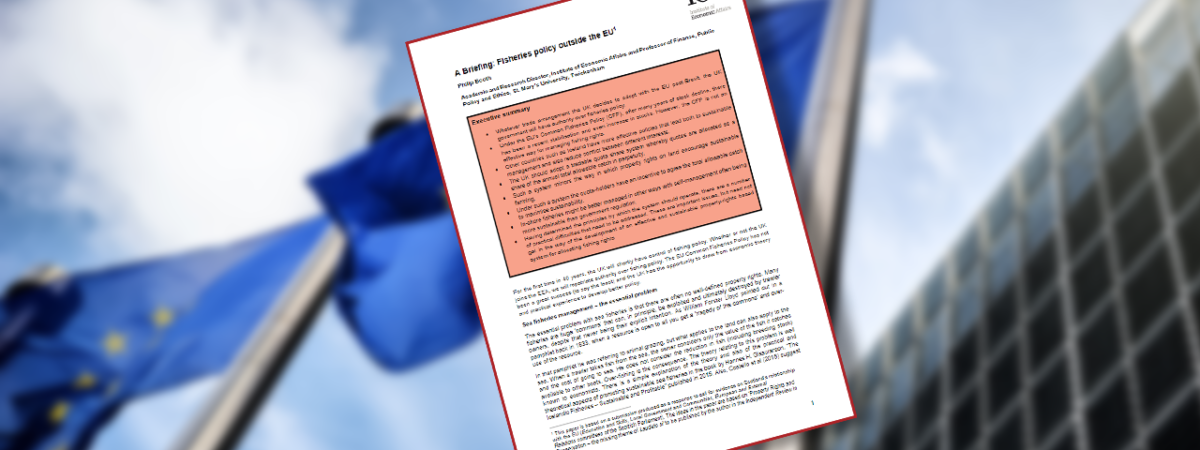Economic Freedom of the World Index 2016
SUGGESTED

A critique of the Communication Workers Union's rent control proposals

Adopt Icelandic style fisheries policy to boost sustainability

Global economic freedom up slightly; UK ranks 10th among 159 jurisdictions
The index published in Economic Freedom of the World measures the degree to which the policies and institutions of countries are supportive of economic freedom. The cornerstones of economic freedom are personal choice, voluntary exchange, freedom to enter markets and compete, and security of the person and privately owned property. Forty-two data points are used to construct a summary index and to measure the degree of economic freedom in five broad areas:
1. Size of government: expenditures, taxes, and enterprises;
2. Legal structure and security of property rights;
3. Access to sound money;
4. Freedom to trade internationally;
5. Regulation of credit, labor, and business.
Since the first publication in 1996, numerous studies have used the data published in Economic Freedom of the World to examine the impact of economic freedom on investment, economic growth, income levels, and poverty rates. Virtually without exception, these studies have found that countries with institutions and policies more consistent with economic freedom have higher investment rates, more rapid economic growth, higher income levels, and a more rapid reduction in poverty rates.
The EFW index now ranks 159 countries and territories. Data are available for approximately 100 nations and territories back to 1980, and many back to 1970. This data set makes it possible for scholars to analyse the impact of both cross-country differences in economic freedom and changes in that freedom across a time frame of three and a half decades.
Fullscreen Mode



